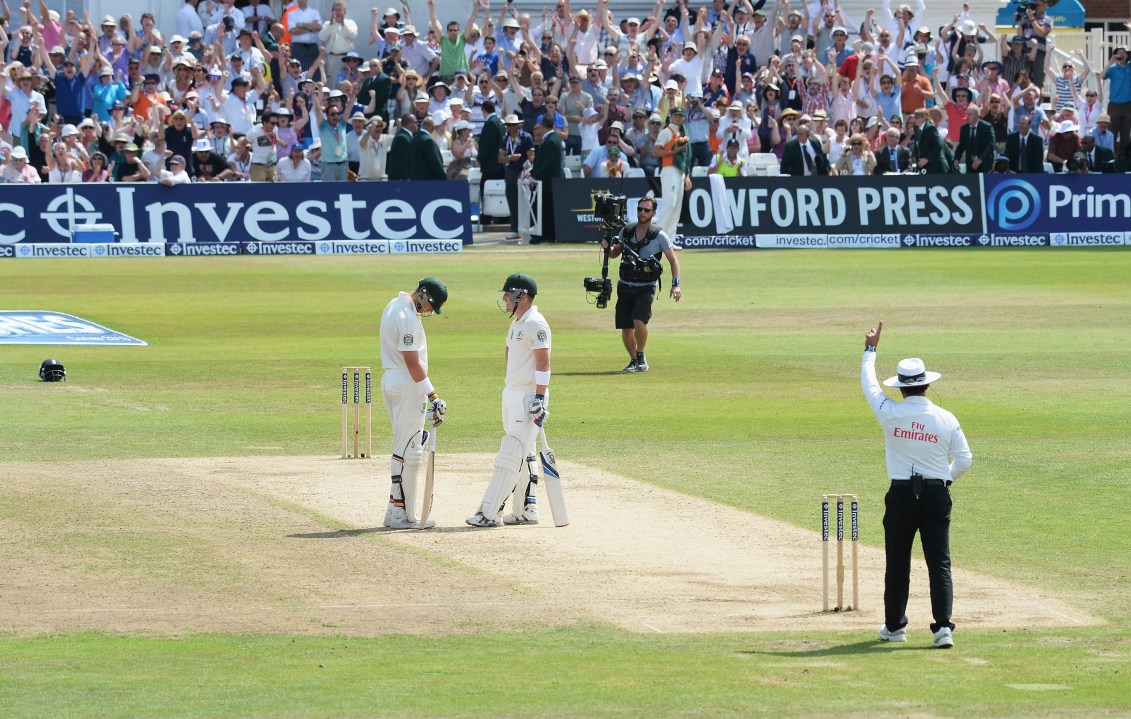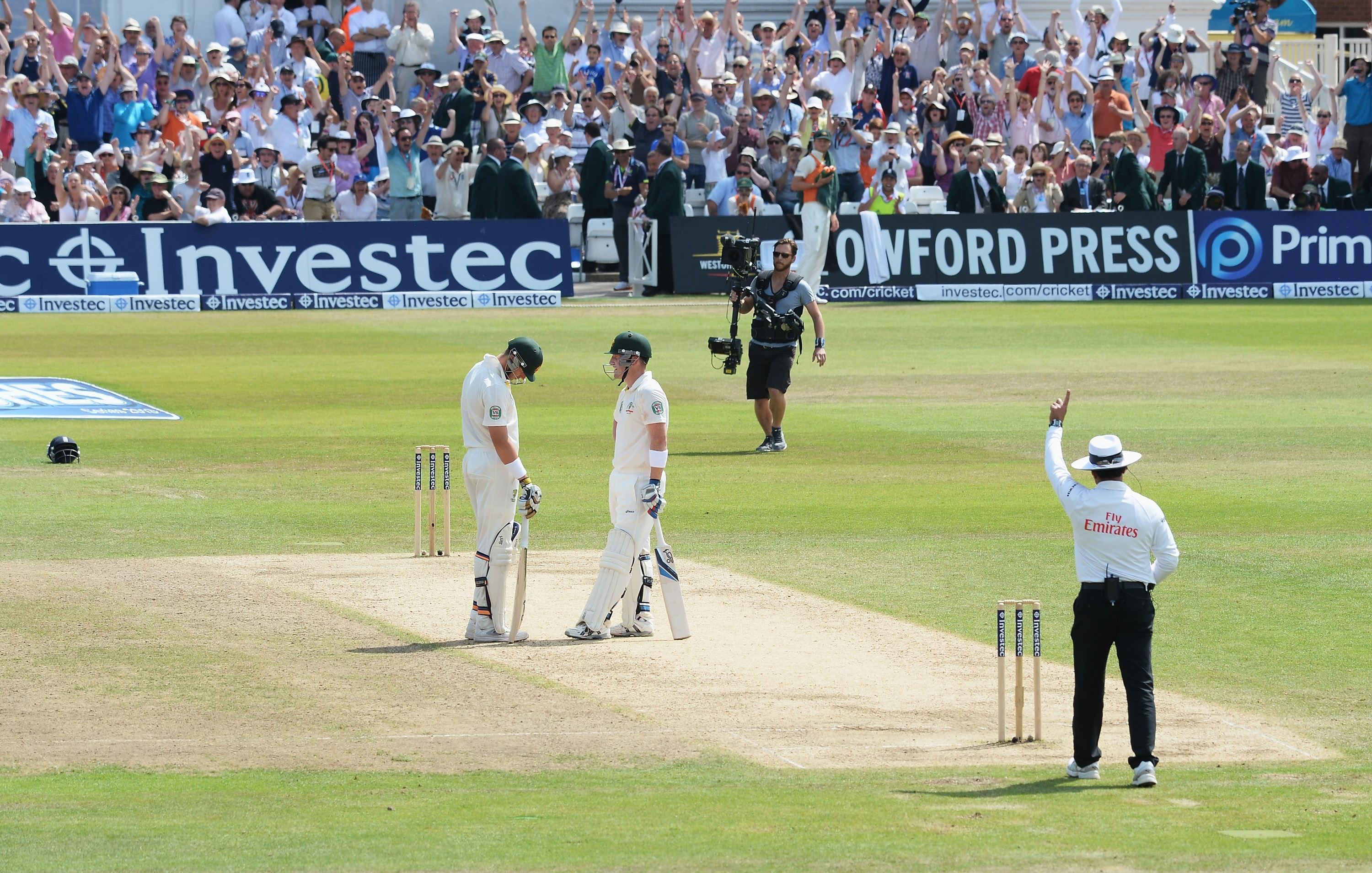By god, you know matters have come to a wretched pass when you feel inclined to defend and protect the International Cricket Council. And yet, remarkably, such a moment is upon us. Like the old Roman republic, the ICC is threatened by a triumvirate. In this instance, Crassus is represented three times as India, England and Australia bid to carve up cricket’s empire between themselves.
Few people doubt change is needed. The ICC has been broken for ages. It is easy to conclude that it has outlived its usefulness. Nevertheless, that does not mean any proposed alternative is going to produce better outcomes for cricket.
The proposals for reforming cricket’s governance and, more pressingly, its finances are mooted in a 21 page paper that, usefully, has been leaked. You can read it here. The short version however is simple: the Big Three will become richer still and everyone else can go hang.
Since India, England and Australia are the only wealthy cricket countries a sensible man might think further enriching their cricket boards might not be the most important issue international cricket faces. A sensible man would evidently be wrong.
Wrong because he would forget the simplest truth of all: the people who run cricket know the price of everything and the value of nothing.
The proposals, effectively, would reduce to eight the number of full-time test nations. At the end of a four year cycle the bottom-ranked team would face a home and away play-off with the top nation from the second tier (ie, Bangladesh, Zimbabwe, Ireland and, perhaps, Afghanistan) after which the winner would be admitted to the full-time test ranks for the next cycle. On the surface that sounds reasonably meritocratic. Except England, India and Australia will not be allowed to be relegated (should their fortune reach such a nadir) because, well, because they have money and the other countries do not.
Moreover, the Future Tours Programme which, with some glaring exceptions, is supposed to ensure that everyone plays everyone else will be scrapped in favour of a future governed by “bilateral agreements”. What that means is that the Rich Three will play each other even more frequently and the likes of New Zealand and Sri Lanka and the West Indies will be left out in the cold.
Of course the proposal is larded with bribes. There will be a $90m fund to support “uneconomic” test series. Or there will be if the next ICC media rights are sold for more than $3.5 billion. Otherwise the test-support fund will be a mere $30m. To be split between New Zealand, West Indies, Pakistan, Sri Lanka, Bangladesh and Zimbabwe. Over eight years. It would be a comically inadequate amount if it weren’t so insulting.
You will notice that South Africa, currently the world’s best side, feature nowhere in this. They are not seated at the top table, nor are they handed crumbs like the little people.
“No member should be forced to host uneconomic tours” the document says. Which is a way of saying New Zealand won’t be touring India and Bangladesh won’t be visiting Australia.
You might say this merely reflects reality. Bangladesh haven’t played in India for 13 years. Australia have always treated New Zealand meanly. But rather than address such injustice, the carve-up entrenches it.
There is, of course, an argument that the wealthiest countries should receive a greater share of cricket’s revenue. At present surpluses from ICC events – ie, the World Cup, the Champions Trophy and the World Twenty Twenty – are divided equally amongst the full-member nations. No more. India, already cricket’s financial giant, will be rewarded handsomely. Poorer nations – ie, those with the greatest need – will be further impoverished.
And this, they tell us, is cricket’s new meritocracy! The cheek of it. The gall, too. The greater interests of the game are to be sacrificed to enrich the already wealthy. By some alchemy this will improve cricket in places such as New Zealand and the West Indies. How it will do so is not said, perhaps because it is obviously a nonsense.
The proposed coup fundamentally misunderstands the nature of sport, too. Even the Big Three need opponents. (At least they do at the World Cup and other tournaments). That’s one reason why the World Cup belongs to all particpating countries who, yes, merit an equal share of surpluses. They each contribute; they each deserve a reward. Without Sri Lanka or Pakistan or the West Indies there is no tournament worth the name. This proposal appears to think otherwise.
But it is quite clear that actual cricket is less important to these administrators than finance. Fine. The game needs money. But it needs that money to be spent fairly which in turn means helping those countries that, through no fault of their own, lack financial muscle.
The ECB and Cricket Australia have, quite plainly, come up with this plan to pacify the Indian board of control. Better to have India inside the tent than outside it and if that means that, potentially at least, cricket must suffer elsewhere then so be it.
In that respect the coup is a rational response to Indian greed and an attempt to prevent India quitting, to all intents and purposes, international cricket. But, however rational, it still stinks. The ICC may be broken; this is not the way to fix it.








Comments